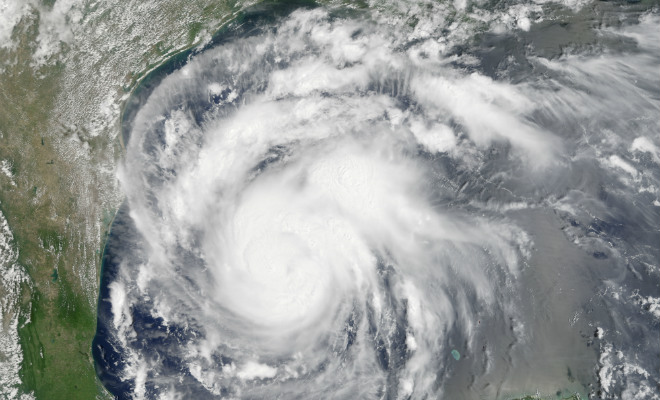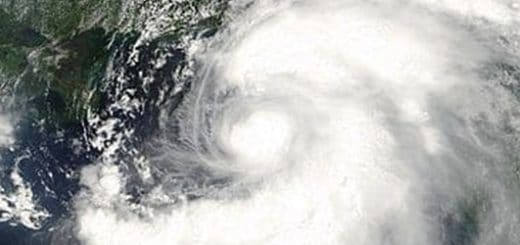Why Water is Leaking from Your Air Handler?
Have you spotted any leaks in your HVAC system? If you have, the culprit could be your air handler. Your home’s heating, ventilationVentilation is the process of exchanging or circulating air ... More, and air conditioning (HVAC) system are essential for maintaining a comfortable indoor environment. However, if water is leaking from the air handler, it signals a potential issue. In this blog, we’ll explore the reasons behind air handler leaks, discussing the possible causes, what could go wrong, and practical solutions to address this common HVAC problem.
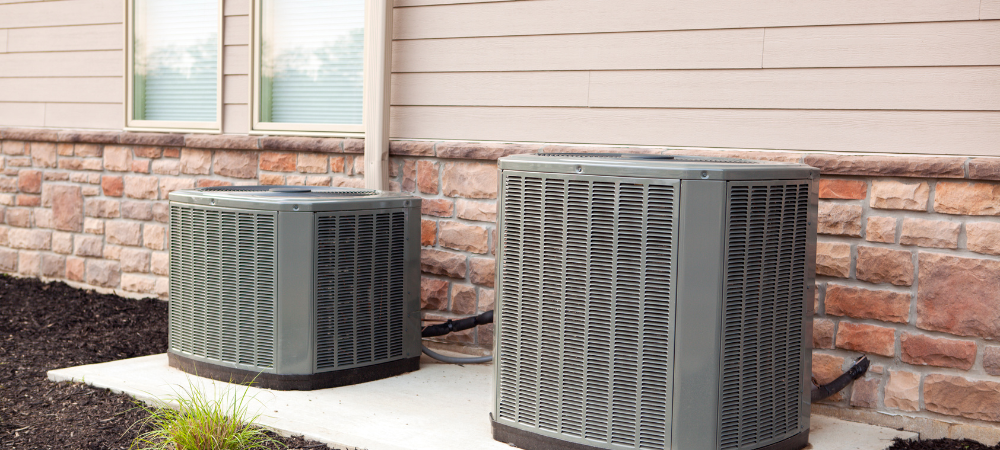
Top 7 Causes Behind Water Leaks from Your Air Handler
- Refrigerant Leak: A refrigerant leak stands as a critical concern, precipitating the rapid release of coolant and subsequent freezing of condensate around the air filter and evaporator coil. This not only compromises the overall efficiency of the system but also initiates a domino effect of potential issues pertaining to water leakage and consequential damage.
- Dirty Evaporator Coil: The infiltrationInfiltration is the process by which water, air, or other su... More of dirt, dust, moldMold is a type of fungus that grows in damp or humid conditi... More, or other debris onto the evaporator coil disrupts the cohesive bond between water and its surface. As a result, water droplets form and cascade to the ground, not only compromising the cooling efficiency of the system but also serving as a potential source of water damage.
- Rusted Drain Pan: The degradation of a drain pan due to severe rusting introduces a vulnerability that manifests in leaks, allowing condensation to escape. The corrosive impact on the structural integrity of the pan not only jeopardizes its functionality but also establishes a conduit for water leakage, with far-reaching implications for the broader HVAC system.
- Dirty Air filters: Clogged air filters create a bottleneck, disrupting the smooth airflow in the system. This blockage leads to freezing of the evaporator coils, and when they thaw, water drips onto the floor.
- Disconnected Drain Line: A severed drain line, be it due to faulty installation or the gradual loosening of the hose, signifies a structural compromise. This separation permits condensate to leak out, heightening the potential for water damage and compromising the holistic operational integrity of the HVAC system.
- Clogged Condensate Line: The condensate drain line, susceptible to obstructions from dust, dirt, sludgeSludge is a thick, semi-solid material composed of water, wa... More, and moldMold is a type of fungus that grows in damp or humid conditi... More, encounters impediments that disrupt proper drainage. This, in turn, leads to potential leaks and compromises the operational efficiency of the HVAC system.
- Improper Installation: Incorrect connections between the outdoor and indoor units during installation open the door to a myriad of issues, including water leaks. Making sure the installation is done precisely is essential for the system to work at its best.
What to Do When you Detect Leaks from Your Air Handler: Immediate Steps
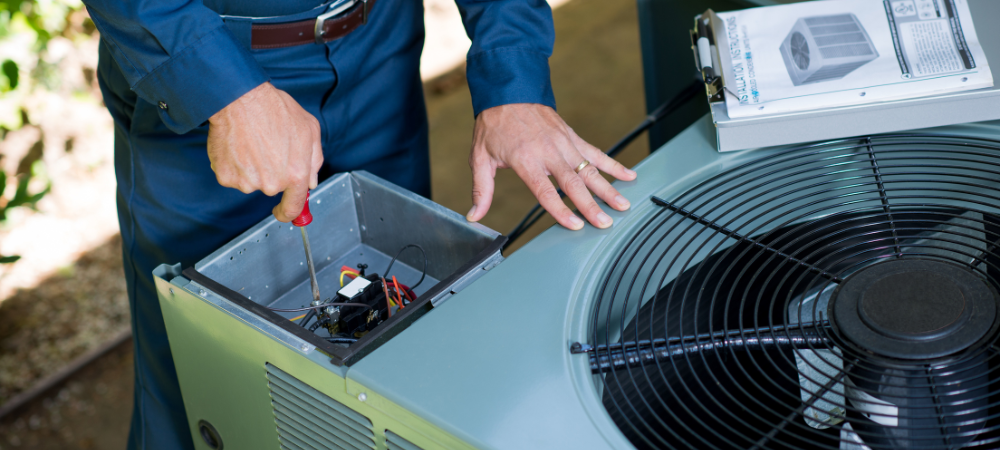
If you find water leaking from your air handler, don’t panic! Here are three simple steps to tackle the situation:
- Turn off your A/C Unit: The moment you notice water leaking from your air handler, it’s essential to turn off your air conditioning unit immediately. This step is necessary for several reasons. First and foremost, it helps prevent further water damage to your property. Additionally, shutting down the A/C unit can safeguard the electrical components from potential short circuits or damage, reducing the risk of a more extensive and costly repairRepair is the act of fixing or restoring damaged property, m... More.
- Clean Up the Water: Once the A/C unit is turned off, it’s time to address the water that has leaked. Use towels, mops, or a wet/dry vacuum to carefully remove any standing water around the air handler. Pay attention to nearby walls, flooring, and any other surfaces that might have been affected. A quick and thorough cleanup helps prevent secondary issues such as mold growth, water damage, or structural issues. Make sure to address the issue promptly to minimize the impact on your indoor environment.
- Call a Professional: While turning off the A/C unit and cleaning up the water are immediate steps, it’s equally important to seek professional assistance promptly. Water leakage from an air handler could be indicative of various issues, including a clogged drain line, a malfunctioning condensate pump, or even a refrigerant leak. Only a trained HVAC professional can accurately diagnose the problem, recommend the appropriate repairs, and ensure that your A/C system is restored to optimal functionality.
DIY Fix to Clean Your A/C Unit
Here are some practical steps you can take to address and prevent water leaks from your air conditioning unit’s air handler:
- Change Air Filters Regularly: Make it a habit to replace your air filters every 1-3 months. This helps prevent the buildup of dirt and debris that can clog the drainpipe, ensuring better air quality and efficient unit operation.
- Clean the Condensate Drain Line: Check the condensate drain line for potential clogs. Use a shop vac or a vacuum cleaner with an extension to clear any blockages, preventing future issues.
- Ensure Proper Drain Pan Fit: Confirm that the drain pan is the right size for your unit. It should sit snugly beneath the unit, catching all condensate without any dripping around the edges. Replace the pan if it’s too small, cracked, rusted, bent, or damaged.
- Avoid Overworking Your Air Conditioner: Be mindful of the external temperature. During extremely hot weather, avoid setting unrealistic low temperatures inside your home, as this can strain the air conditioner and leadLead is a heavy metal that can be toxic to humans, especiall... More to leaks.
Did your property suffer water damage? Need clean up?
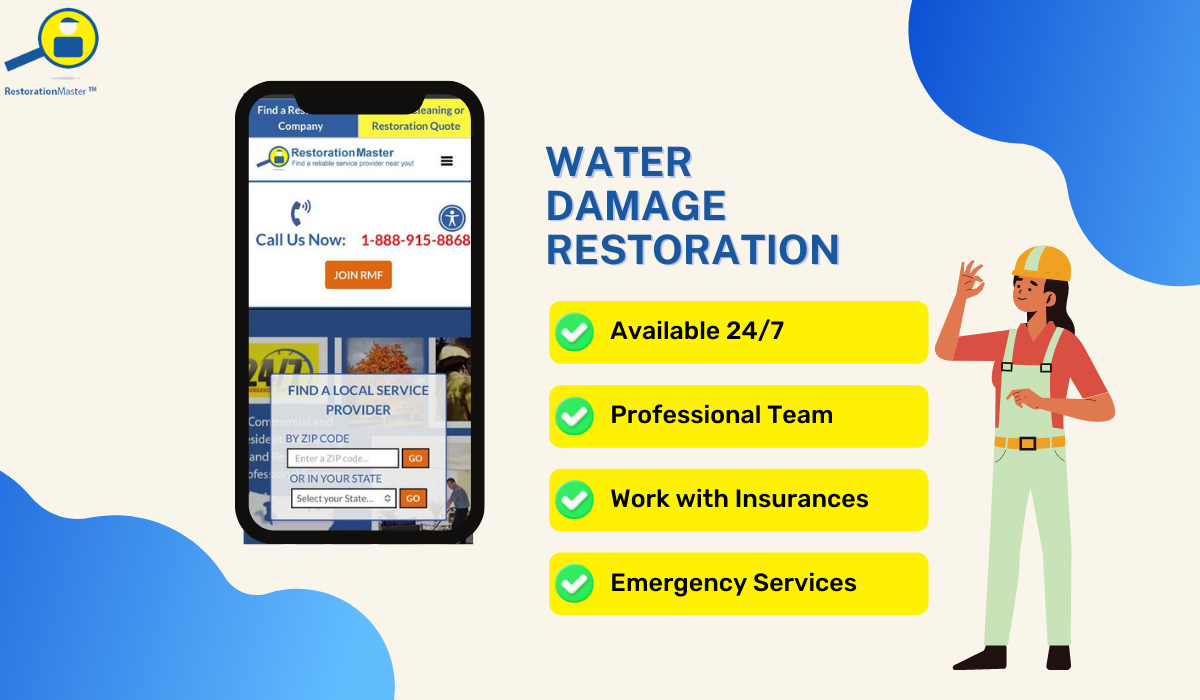
Has your property been hit by water damage due to leaks from the air handler? Act quickly to avoid further problems like structural damage and moldMold is a type of fungus that grows in damp or humid conditi... More growth. Leaks from air handlers can weaken walls, ceilings, and floors, and the constant moisture is an open invitation for moldMold is a type of fungus that grows in damp or humid conditi... More. To tackle the issue effectively, reach out to RestorationMaster for their expertise in water mitigation and water damage restoration. Skilled professionals are ready to handle all kinds of water damage restorationWater damage restoration is the professional process of clea... More services like cleanup, repairRepair is the act of fixing or restoring damaged property, m... More and ensures your property is back to normal.











